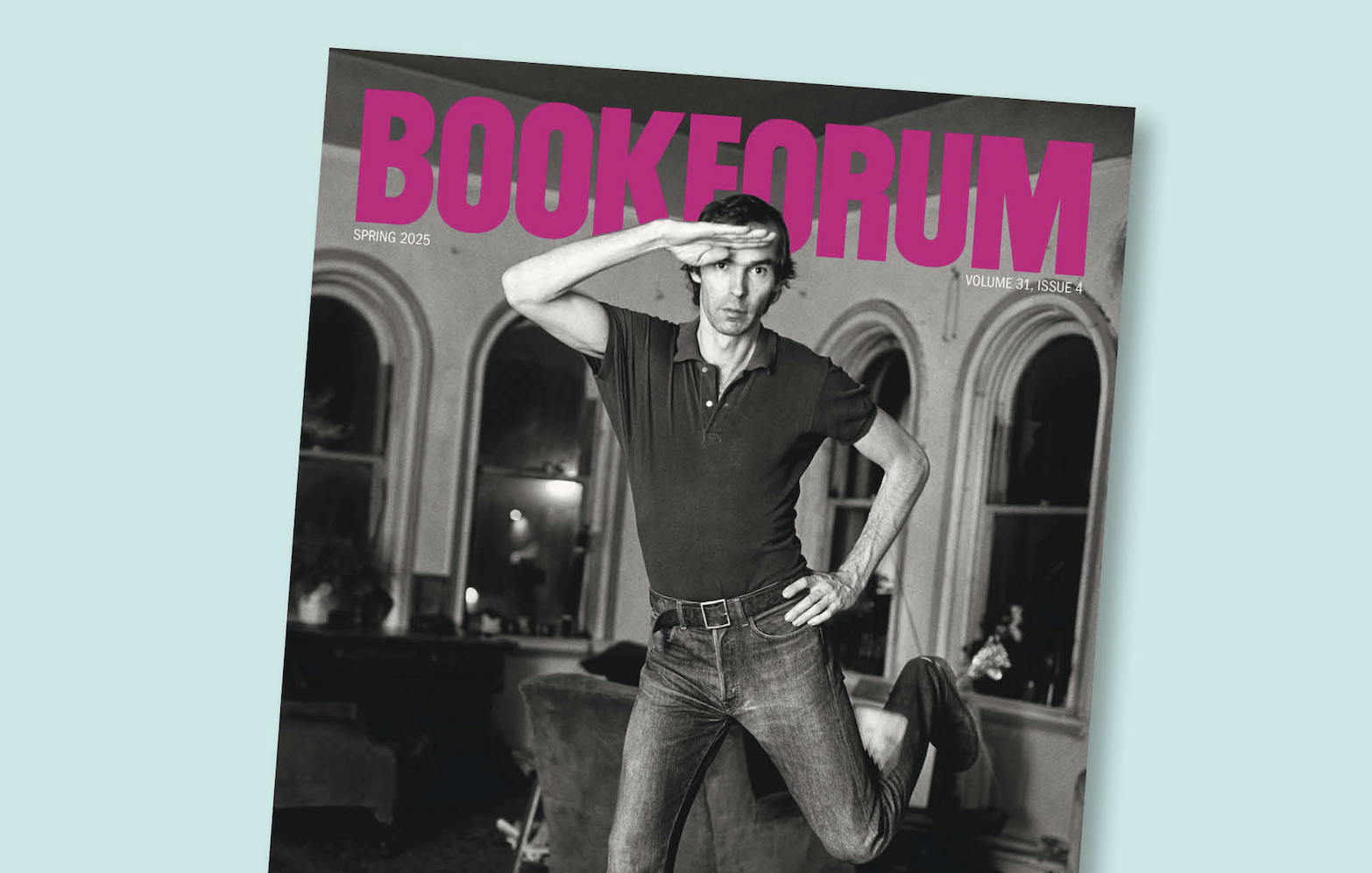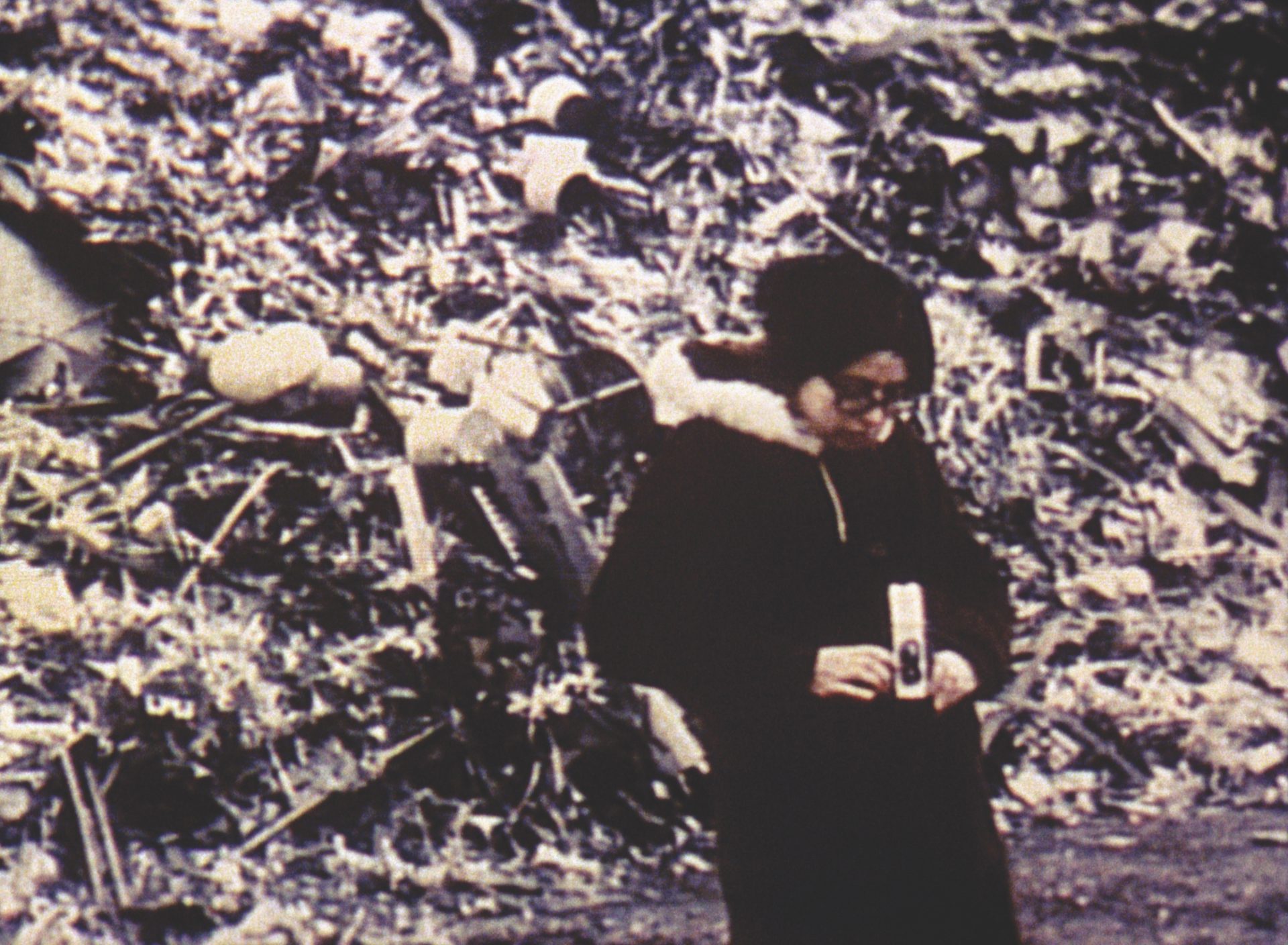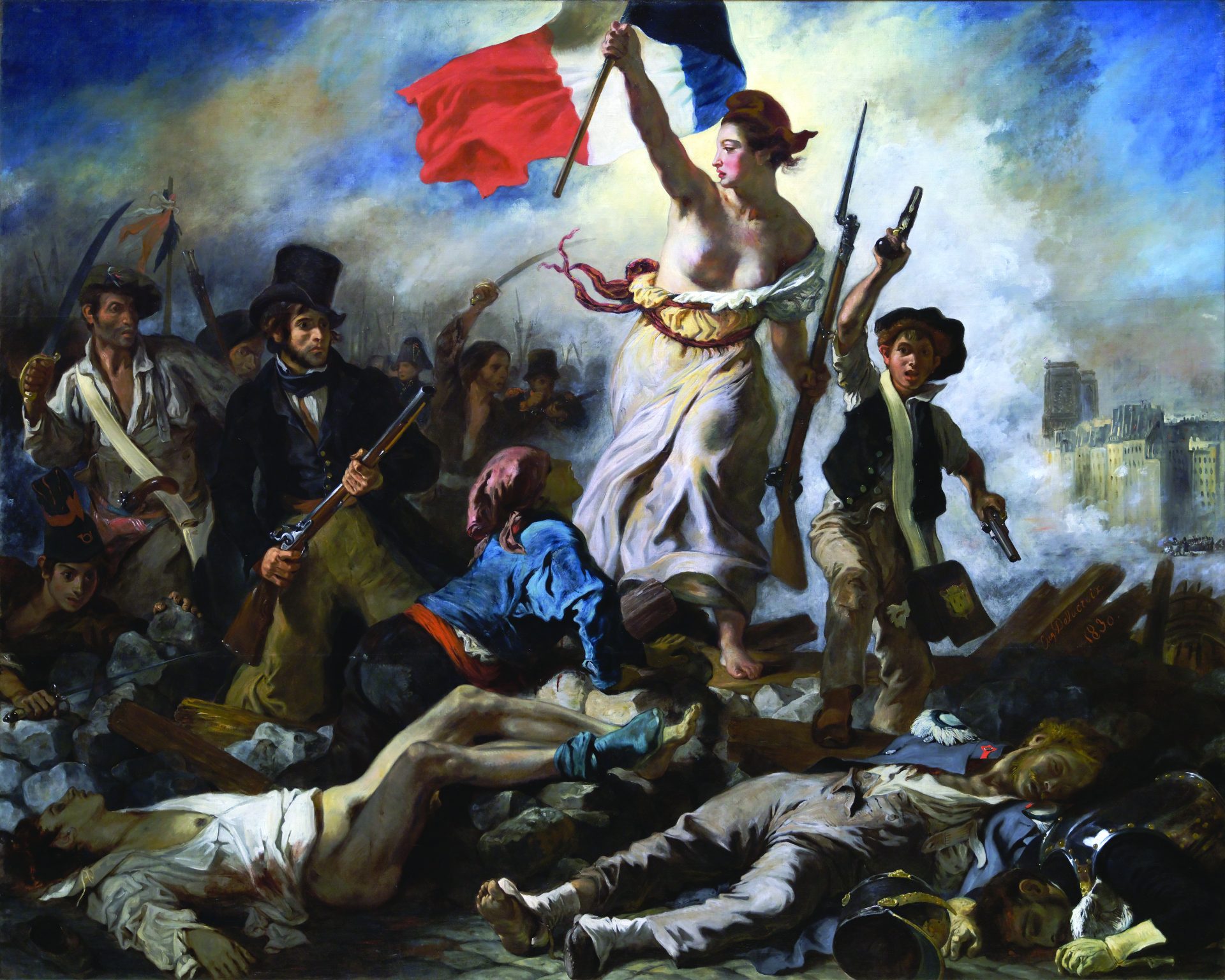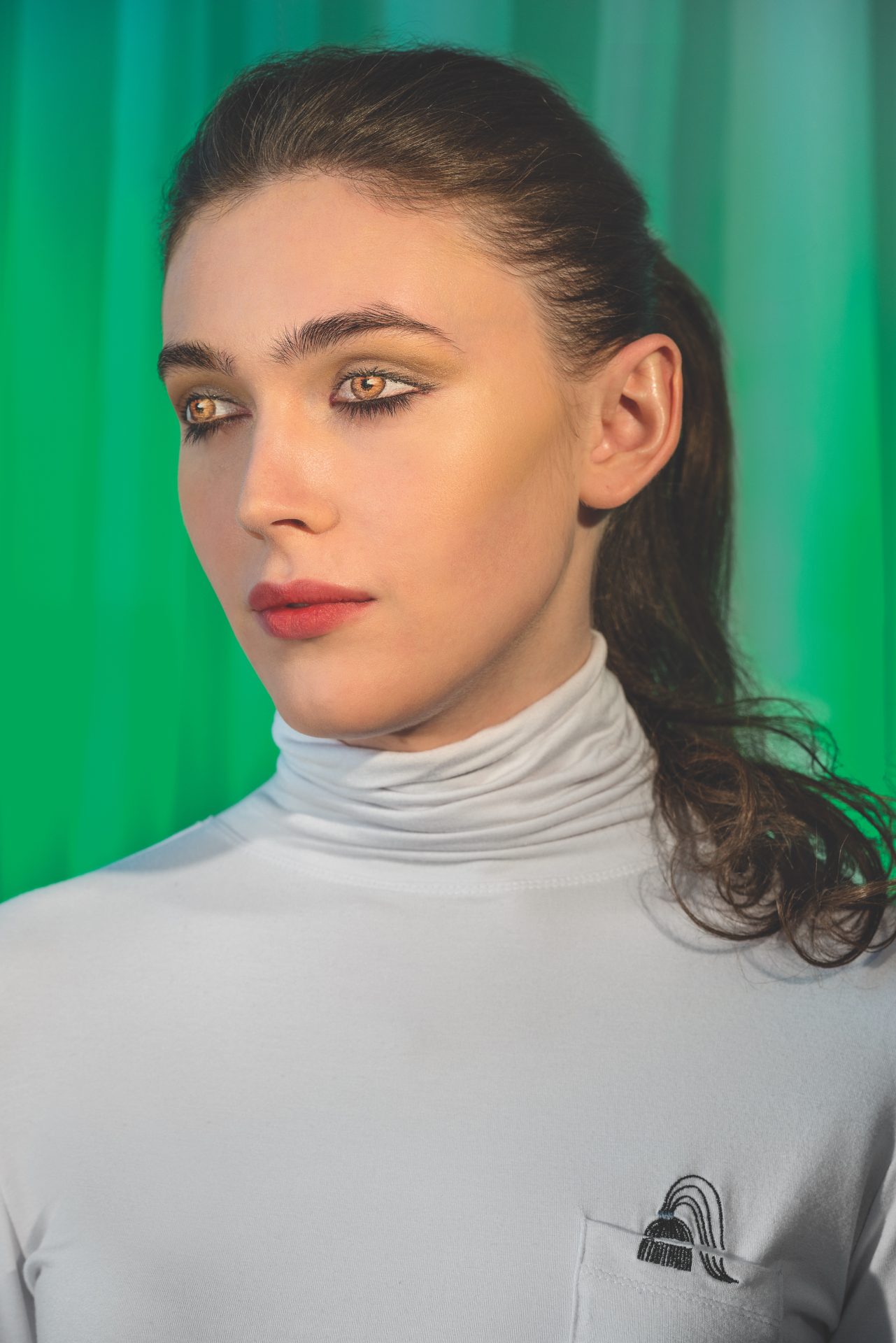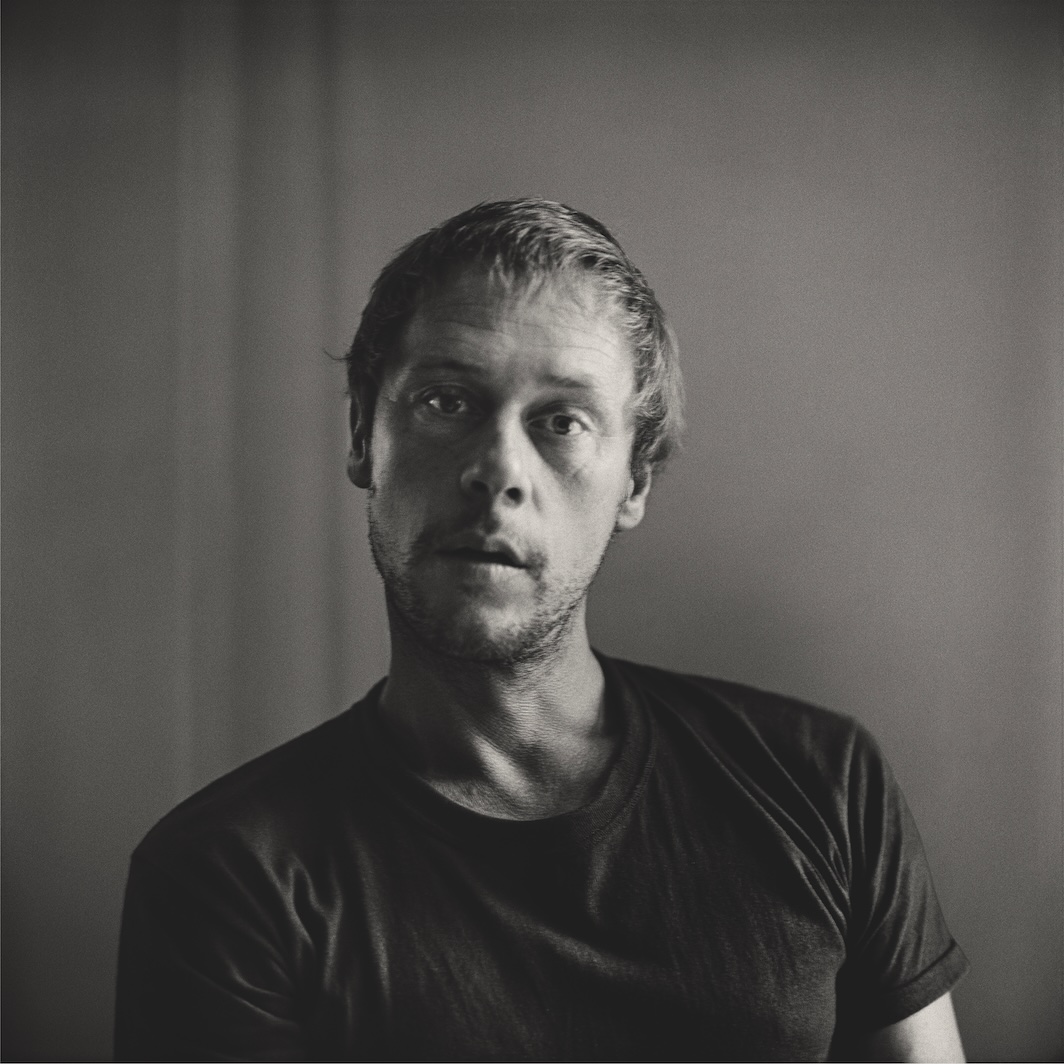
In the title essay of her new collection, Rachel Cusk describes something she calls being sent to “Coventry.” This, as it is for many English families, is her family’s term for putting someone beyond the pale, for thrusting an offender out into silence. Her parents “send her to Coventry” when she does something they dislike, when she has slighted them or failed them in some way. “Sometimes,” Cusk writes,
It takes me a while to notice that my parents have sent me to Coventry. It’s not unlike when a central-heating boiler breaks down: there’s no explosion, no dramatic sight or sound, merely a growing feeling of discomfort that comes from the gradual drop in temperature that one might be surprisingly slow—depending on one’s instinct for habituation—to attribute to an actual cause.
Her parents stop talking to her; they pretend she doesn’t exist. Since she was a child, Cusk writes, “I have been terrified of Coventry, of its vastness and bleakness and loneliness, and of what it represents, which is ejection from the story.” But the particular instance of emotional exile the essay describes is different. She is now an adult, with two children and a second marriage. This time, the exile begins to feel like a safe place, a place she wants to remain; once one is in Coventry, one no longer has to fear being sent there, for starters. At the essay’s end, Cusk’s parents thaw, and make an approach, but the distance has become comfortable: “I don’t want to leave Coventry. I’ve decided to stay.”
Cusk’s decision to cut ties with her parents has a wider symbolic resonance: Choosing to remain in Coventry means separating herself from a life of natural-seeming coherence, refusing to remain within the implied security that belonging brings. “Coventry,” like many of Cusk’s essays about her life, is also about writing and the conditions under which it takes place. Living in this “place of fragments and ruins” holds a special power for an author: the power to see the story from the outside. To become a truth-teller, Cusk seems to say, one must be willing to dislocate oneself from the comfortable aspects of sociable life, of family, marriage, or friendship, and risk opprobrium by describing the world as it really is.
Cusk is best known in the US for her Outline trilogy, a series of slim, challenging novels that follow Faye, a cryptic, intelligent narrator whose life and perspective seem to mirror Cusk’s own. Coventry gathers essays written before, during, and after the period in which Cusk was at work on the trilogy. Almost all have appeared elsewhere, but collecting them gives readers a chance to draw a link between Cusk the memoirist (there are essays on marriage and divorce) and Cusk the novelist (there are short pieces on writers like Edith Wharton, D. H. Lawrence, and Kazuo Ishiguro, as well as longer meditations on literary value).
The embrace of self-reliance at the end of “Coventry” is echoed throughout the collection. In “How to Get There,” an essay on what work can be done in the collaborative realm of a creative writing class, Cusk has a dismal view of those who crave sociability, who do not respect the solitude and asceticism she believes generate writing. She is just as suspicious of people who “configure writing as a ‘career’ full of obligations and appointments, in order to ward off the suspicion of amateurism and manage the insecurity of creative freedom.” A writer, she believes, must isolate herself mentally, even if she is also enmeshed in a family and social world. Making the self alien in this way will allow her to perceive the material conditions of her life from an external vantage point. Once the initial separation is complete, she can then “reattach” her subjectivity to the material realities from which it emerged. “A writer who knows how to give subjective content an objective form can be as far-fetched as she likes,” Cusk says; her work will have the feel of truth, because it does not only exist to mollify its author’s anxiety about her decision to create it. Without the process of objectifying subjective experience, Cusk warns, creative work can only progress so far.
In “Shakespeare’s Sisters,” Cusk holds out the hope that a writer practicing this kind of self-estrangement might “[break] the silence that forms like fog around iterative female experience” and that stops women from writing honestly about the “eternal and unvarying” concerns of their lives, “domesticity and motherhood and family.” The essay reads as a brief for Cusk’s own novels and memoirs, which take as their central topic a life—in all its colorful boredom—of homes, husbands, and children, and does so with a brutality of observation that feels almost violent in its plainspokenness. Cusk acknowledges that such an approach will “irritate and antagonise rather than please.” But she thinks the female author needs to risk being irritating in order to break free of the restraints that have convinced her she needs to desex herself to enter into literary life.
The kind of self-reliance Cusk calls forth is exhilarating but also unsettling. In her view, the self is the only thing that offers a respite from anxiety. Parents, friends, children: Cusk imagines society’s more usual zones of care as fraught with unseen perils. Other people are dangerous, because at any moment even the most natural-seeming relationships (mother and child, husband and wife) can be shattered, their promise of security revealed as a lie. This might give some insight into why Cusk’s Outline trilogy hinges on Faye’s encounters with strangers; closer relationships are necessarily more threatening, and one is necessarily more vulnerable in them.

As in her novels, Cusk’s prose in these essays is a tight guitar string or a wire from an espalier. Her descriptions are delicate, sharp, and constraining. They have a bewildering precision, a feeling of painful truthfulness, especially when it comes to the work of getting pen to paper. “Writing feels like the opposite of being alive,” she declares in “How to Get There.” In an essay on Françoise Sagan, Cusk observes that novelists, “with their mortal grasp on the faculty of imagination, have crushed our illusions about human destiny. They have described existence, but they have failed to transcend it. They have failed to provide us with a happy ending.” For Cusk, this failure, ironically, is a charge leveled at particularly evocative writers: those who make us suspect “that literature occurs entirely within the bounds of personality.”
Cusk’s investment in forceful prose is partly why she so admires writers like Lawrence and Wharton, whose personal misery seems at times to have purchased their literary power: “That such conditions,” she writes of Lawrence’s isolating and difficult life, “could produce the supreme work of generosity and empathy that is The Rainbow is mysterious and miraculous in equal measure.” Cusk is sensitive to the deeply felt aspects of Lawrence’s work, “the immediate force of its revelations, the density of its character and the totality of its originality,” a power she thinks has developed from Lawrence’s painful isolation. But are we worthy objects of sympathy only when we are at odds with the world? For Cusk, Lawrence’s suffering is total, and thus must be respected, but she doesn’t always extend the same sympathy to more banal miseries.
The book’s longest essay, “Aftermath,” initially appeared in Granta and forms the basis for Cusk’s 2012 memoir of her dissolving marriage. It is an honest, painful examination of Cusk’s failings as well as their effects on the family she loves. The essay ends with a rumination on the problem of encountering other people in a world that feels to Cusk, as it feels to us all, to be orchestrated for her own, if not enjoyment, then development. She sits at a Christmas-carol concert after her divorce, and considers at some length the blinkered world other mothers—still coddled by the insulating blankets of marriage and cohesive family—occupy. Their comfort licenses a vision: Cusk imagines looking at these women sitting inside the brightly lit church “as though” she is outside the window peering in. “I see the women, these wives and mothers,” she writes,
[But] it is as though they are missing something or wondering about something. I remember it so well, what it was to be one of them. Sometimes one of these glances will pass over me and our eyes will briefly meet. And I realise she can’t see me, this woman whose eyes have locked with mine. It isn’t that she doesn’t want to, or is trying not to. It’s just that inside it’s so bright and outside it’s so dark, and so she can’t see out, can’t see anything at all.
Of course, the scene, with the women’s gazes meeting in a kind of architected blindness, is an imaginary one: Cusk isn’t on the outside looking in at all, she is right there, in the room, looking at the women sitting next to her, behind her, in front of her. By imagining herself outside the church, she can imagine the women within the church as occupying a kind of benighted shadow-world, not fully aware of the true world about them.
Cusk is so unsparing that it’s hard to imagine she doesn’t see the limitation in her perception; it’s hard to imagine she doesn’t register the one-sidedness of this gaze. Perhaps this is why so many of these essays are committed to justifying the view from Coventry. The basic premise of the collection is that eventually Coventry can end up feeling like home; but then, the person who needs to be convinced of this fact most urgently is the person in Coventry. What Cusk’s parents do to her happens to a lot of us—people turn away from us and refuse to engage. But we react differently to being frozen out. Some seek heat, looking for a way back into the sociable warmth, miserable in the cold, unable to get used to it. Others, like Cusk, get comfortable. But the cold doesn’t always grant you clearer sight and sharper judgment. Sometimes it’s just cold, and you’re stuck there, trying to keep the blood flowing as long as possible.
Claire Jarvis is the author of Exquisite Masochism: Marriage, Sex, and the Novel Form (Johns Hopkins University Press, 2016). She is working on a book about women authors and Oxford.

